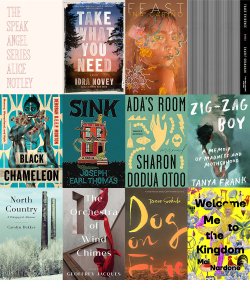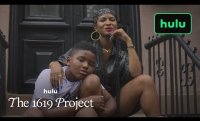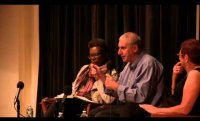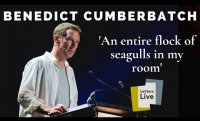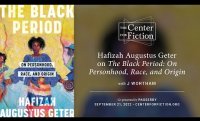Calling all nonfiction writers! Submissions have recently opened for the 2023 Whiting Creative Nonfiction Grant. Up to ten grants of $40,000 each will be given to prose writers with book-length works-in-progress. Intended for multiyear book projects that are at “a crucial point mid-process,” these grants recognize that “works of deeply researched and imaginatively composed nonfiction require significant time and resources.” Works of history, biography, memoir, philosophy, food or travel writing, graphic nonfiction, and personal essays, among other categories of work, are eligible. Manuscripts must be under contract with a U.S., U.K., or Canadian publishing company by April 25. In acknowledgment of the additional obstacles many BIPOC writers face in securing institutional resources for such projects, writers of color are especially encouraged to apply.
Using only the online submission system, submit up to 25,000 words of the book-in-progress; the original proposal to publishers that led to the contract; a signed contract; a statement of progress; a plan for the use of funds; a list of grants, fellowships, or other funding received for the book-in-progress; a résumé; and a letter of support from the book’s editor or publisher by April 25. There is no entry fee. Visit the website for complete guidelines.
Past grantees include Sarah M. Broom (The Yellow House), Meghan O’Rourke (The Invisible Kingdom: Reimagining Chronic Illness), Akash Kapur (Better to Have Gone: Love, Death, and the Quest for Utopia), Albert Samaha (Concepcion: Conquest, Colonialism, and an Immigrant Family’s Fate), and Chloé Cooper Jones (Easy Beauty). For the eighth cycle of these grants, the foundation will host online information sessions on February 22 and March 23 at 12PM ET to answer questions about, and offer guidance on the application process. The 2023 grantees will be announced in the fall. Past grantees include Sarah M. Broom (The Yellow House), Meghan O’Rourke (The Invisible Kingdom: Reimagining Chronic Illness), Akash Kapur (Better to Have Gone: Love, Death, and the Quest for Utopia), Albert Samaha (Concepcion: Conquest, Colonialism, and an Immigrant Family’s Fate), and Chloé Cooper Jones (Easy Beauty). For the eighth cycle of these grants, the foundation will host online information sessions on February 22 and March 23 at 12PM ET to answer questions about, and offer guidance on the application process. The 2023 grantees will be announced in the fall.






